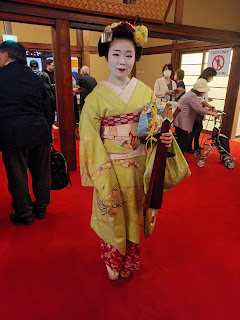Influences of optimism-pessimism and positive orientations on the sense of happines (Masuo Koyasu Kyoto University, Japan)
In this paper I will first provide an outline of our Global COE (Centre of Excellence) Programme which has been established in Kyoto University through dynamic collaboration between researchers in psychology and educational studies. I will talk about three components of happiness; a sense of competence, a vital sense of life, and a sense of accomplishment. Then I will describe one of my research studies. It is generally believed that people’s positive orientations to their life are good for their health and happiness, especially in cases when they are facing stressful events. The optimism/pessimism dimension is also related to people’s health and happiness. We conducted a study in which relationships among optimism/pessimism, positive orientations, and feelings of happiness were explored by using a questionnaire method. Three hundred and thirty-seven students from three universities in Japan participated in the study. From the results of structural equation modelling, optimism had a positive effect on upward orientation and, in turn, then upward orientation had a weak positive effect on happiness, though there was a direct strong positive correlation between optimism and happiness. The roles of pessimism were not as clearer as we had expected, especially the finding of a positive correlation between pessimism and happiness.















